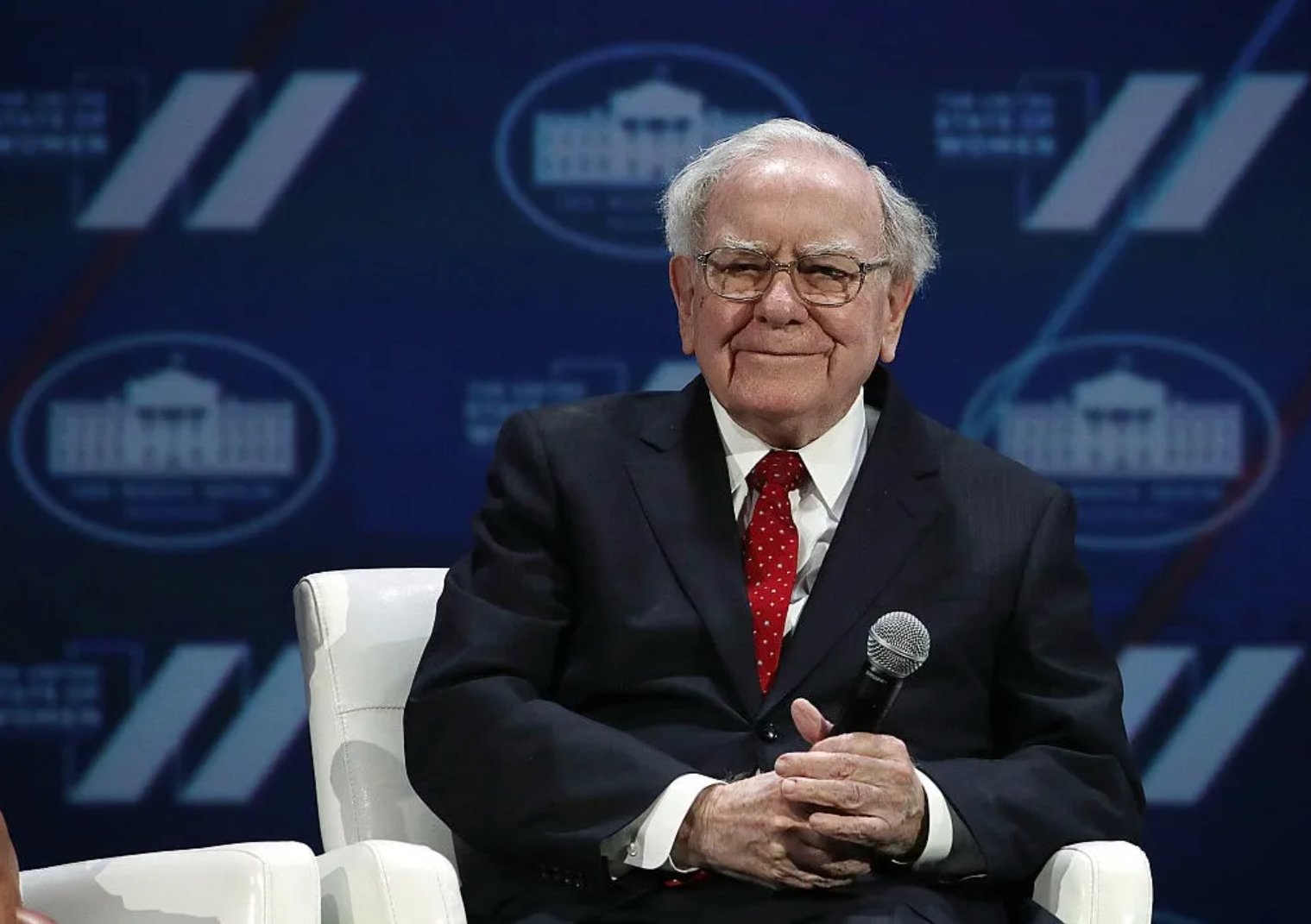Warren Buffett, often hailed as the “Oracle of Omaha,” has long been a paragon of astute investing and financial wisdom. At 94, his investment philosophy continues to influence countless investors worldwide. One intriguing aspect of his strategy is his perspective on cash holdings. Despite Berkshire Hathaway’s substantial cash reserves, Buffett has consistently expressed discomfort with hoarding cash. This article delves into the reasons behind Buffett’s aversion to excessive cash accumulation and explores the implications for investors.
**The Paradox of Cash Accumulation**

As of March 2024, Berkshire Hathaway’s cash reserves reached a staggering $168 billion, a record-breaking figure that surprised many. While such a substantial cash pile might seem advantageous, Buffett’s stance on cash as an investment is notably contrarian. In a 2009 interview with Charlie Rose, Buffett remarked, “Cash is always a bad investment. When people say ‘cash is king,’ that’s crazy.” He emphasized that cash is “sure to go down in value over time” due to inflation and its inability to generate returns.
**The Erosion of Purchasing Power**
Buffett’s discomfort with excessive cash holdings stems from the inherent nature of cash to lose value over time. Inflation gradually erodes the purchasing power of money, making cash a depreciating asset. Buffett likened cash to oxygen—essential for survival but unproductive when stockpiled beyond immediate needs. He highlighted that while cash provides security, it doesn’t contribute to wealth accumulation.
**Strategic Cash Reserves vs. Excessive Hoarding**

Maintaining liquidity is crucial for both individuals and corporations to navigate unforeseen challenges and capitalize on opportunities. Buffett acknowledges the importance of having enough cash to weather emergencies and seize investment prospects during market downturns. However, he differentiates between strategic cash reserves and excessive hoarding. Buffett stated, “We will always have enough cash around, but anytime we have surplus cash around, I’m unhappy.”
**Cash as a Non-Productive Asset**
Buffett’s investment philosophy centers on allocating capital to productive assets that generate returns over time. He views businesses, real estate, and other investments as avenues to create value, whereas cash remains stagnant. In his 2011 shareholder letter, Buffett classified cash and fixed-income investments as “among the most dangerous of assets” due to their susceptibility to inflation and low returns.
**The Psychological Comfort of Cash**
Despite its drawbacks, cash offers psychological comfort to investors, especially during volatile markets. The certainty of having liquid assets can be reassuring. However, Buffett cautions against overvaluing this comfort, as it may lead to missed opportunities for growth. He emphasizes that while cash can provide short-term security, it doesn’t contribute to long-term wealth creation.
**Implications for Investors**

Buffett’s perspective on cash holdings offers valuable insights for investors:
1. **Avoid Overemphasis on Cash:** While it’s essential to have liquidity for emergencies, over-allocating to cash can hinder wealth accumulation.
2. **Invest in Productive Assets:** Allocating capital to assets that generate returns, such as equities or real estate, can help combat inflation and grow wealth over time.
3. **Maintain a Balanced Approach:** Striking a balance between liquidity and investment in productive assets is crucial. Each investor’s optimal balance will vary based on individual financial goals and risk tolerance.
4. **Stay Informed and Adaptable:** Regularly reviewing and adjusting one’s investment strategy in response to changing economic conditions can enhance financial resilience.

**Conclusion**
Warren Buffett’s unease with hoarding cash, despite Berkshire Hathaway’s substantial reserves, underscores a fundamental investment principle: while liquidity is necessary, excessive cash holdings can be counterproductive due to inflation and lack of returns. Investors can glean from Buffett’s philosophy the importance of deploying capital into productive assets to achieve long-term financial growth.
